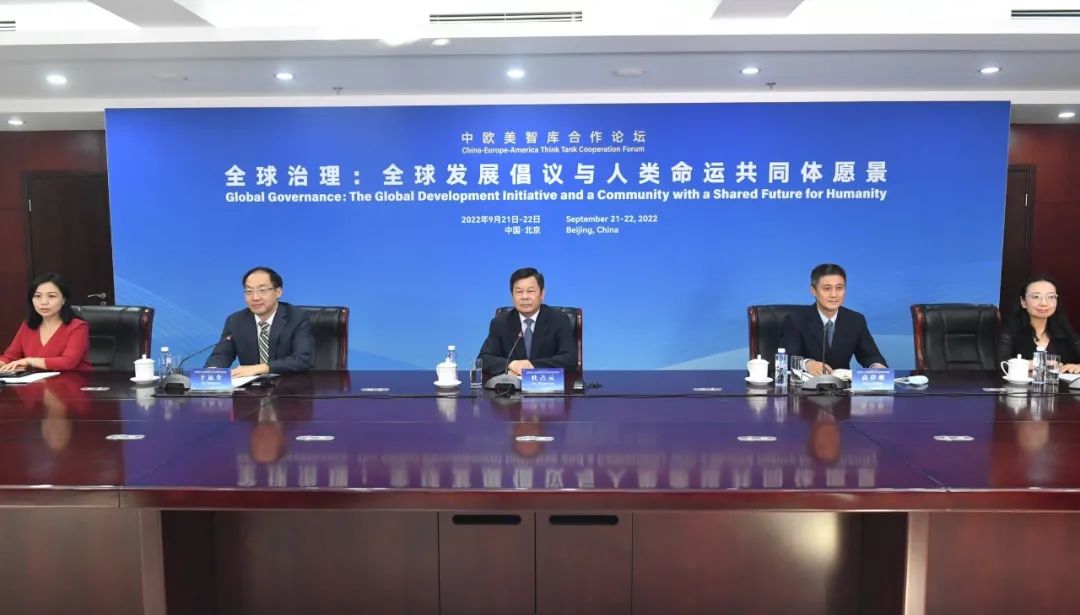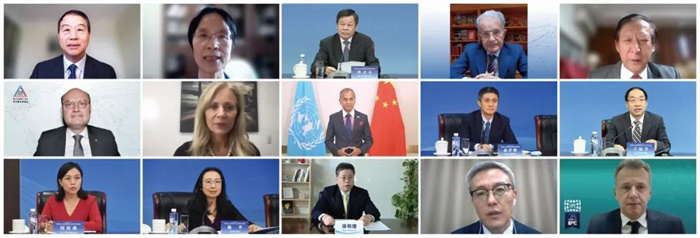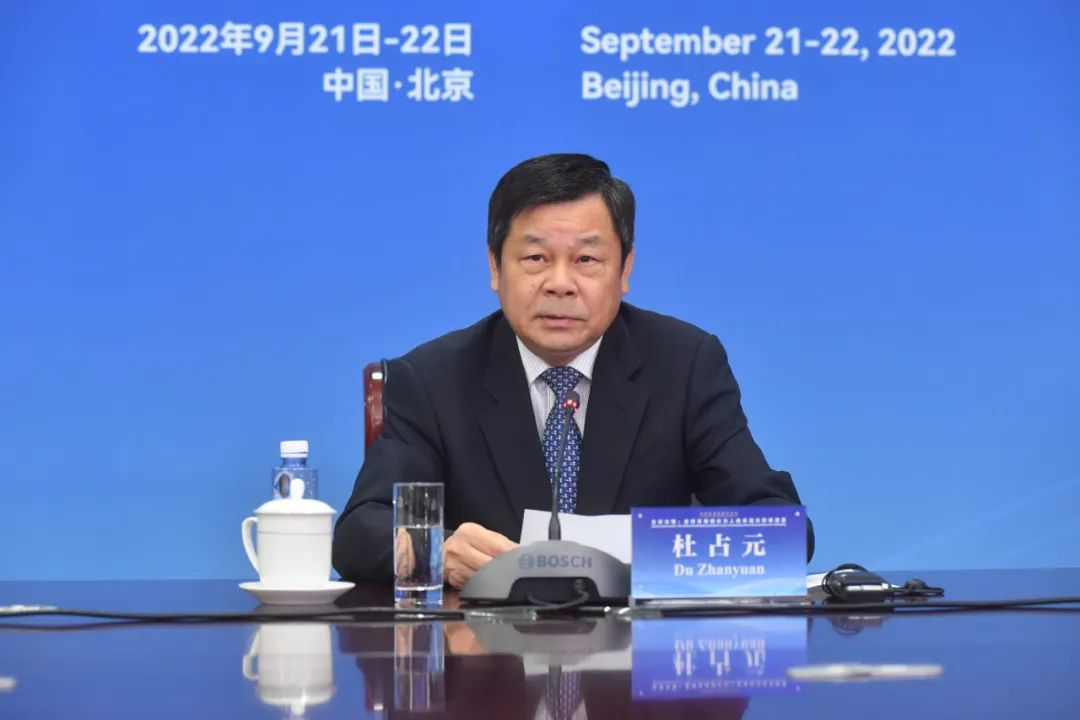Forum on Global Development Initiative held in Beijing
A think tank cooperation forum on the Global Development Initiative (GDI) was held both online and offline in Beijing on Wednesday.

The event, which coincided with the first anniversary since Chinese President Xi Jinping proposed the initiative in the U.N., brought together over 50 think tank experts and scholars from China, the U.S., and European countries, to discuss global governance, the GDI, and the building of a community with a shared future for humanity.

In his keynote speech, Du Zhanyuan, president of China International Communications Group (CICG), presented the core principles of the GDI and China's efforts in promoting global development.
Du said that think tanks, as an important force for implementing the GDI, need to work together and contribute their part to building high-quality development partnerships and pushing forward the U.N. 2030 Agenda for Sustainable Development.

Romano Prodi, former president of the European Commission, said international cooperation is key to the future of humankind. He said he recognized the GDI's capability to meet the needs of different parties, and that it serves as an important public good for the whole world.
Siddharth Chatterjee, U.N. resident coordinator to China, said that as the world's second largest economy, China plays a crucial role in developing solutions for global challenges and creating a more equitable and sustainable world. He said that the U.N. is ready to work with China to support the priority areas of the GDI.
Deborah Lehr, executive director of the Paulson Institute, said the dialogue at this forum cannot be more relevant at a time when the world confronts various challenges. She called on all countries to set aside their differences and work together to seek solutions to these challenges.
Co-organized by the Academy of Contemporary China and World Studies under CICG as well as think tanks from Europe and the U.S., the forum also featured a special meeting and three parallel sessions on topics including the dual Olympic city and cultural inheritance, poverty alleviation and development, harmony between human and nature, and digital technologies in global governance.

